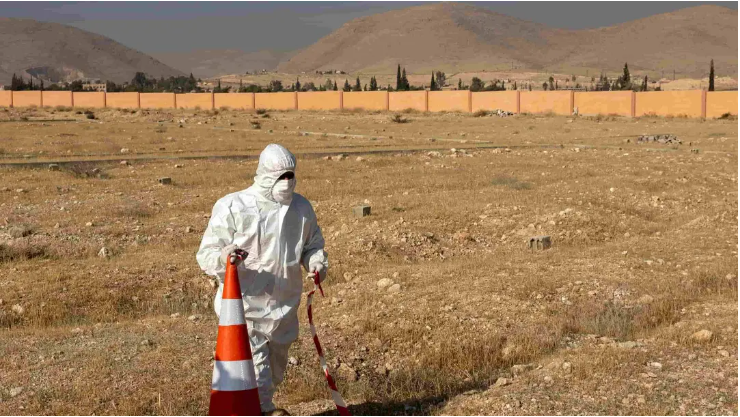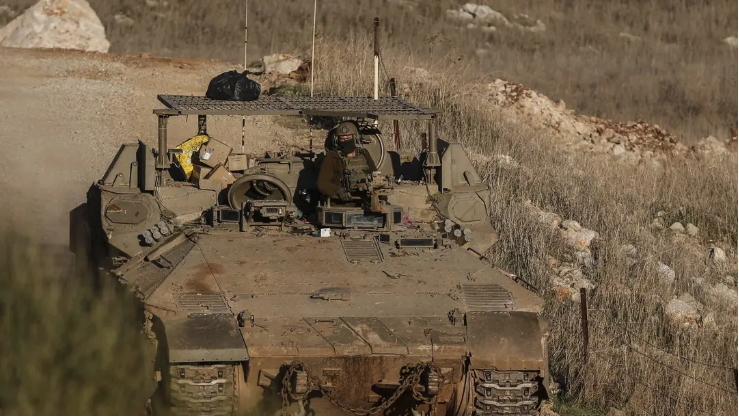Philippines, US Launch Joint Patrols
The Philippines and the US launched joint military patrols near Taiwan on Tuesday as part of a three-day exercise that analysts say is likely to increase tensions with China....

Facts
- The Philippines and the US launched joint military patrols near Taiwan on Tuesday as part of a three-day exercise that analysts say is likely to increase tensions with China.1
- Describing the maritime and air patrols as a 'significant initiative,' Philippine Pres. Ferdinand Marcos Jr. stated the exercise would 'bolster the interoperability of our military forces.' Marcos had described relations with Beijing in the South China Sea as more 'dire than it was before' a day prior.2
- The 'maritime cooperative activity' will begin near the province of Batanes and finish in the West Philippine Sea. Manila has alleged that Beijing has 'started to show interest' in building military bases on reefs near the Philippines.3
- China claims sovereignty over a portion of the South China Sea that reaches approximately 900 miles south of its mainland territory. China's 'nine-dash line' includes areas within the exclusive economic zones (EEZ) of the Philippines, Vietnam, Malaysia, Indonesia, and Brunei.4
- The drills will see the Philippines deploy three navy vessels, with the US providing a littoral combat ship. The US will also send one P-8A plane to accompany Manila's two FA-50 fighter jets and one A-29B Super Tucano.5
- This comes as Marcos and Chinese Pres. Xi Jinping met earlier this month in an effort to lessen tensions. China's Manila embassy hasn't immediately responded to requests for comment on the matter.1
Sources: 1Reuters, 2CNA, 3The Defense Post, 4SWI SwissInfo.ch and 5The Times of India.
Narratives
- Anti-China narrative, as provided by The Statesman. As China continues its aggressive claims upon territories ruled by international law to not reside within their sovereign rights, the US has continued to take responsibility for securing peace in the region while standing by its ally as agreed upon in the 1951 US-Philippines Defense Treaty. The more China pushes, the more likely there are to be dangerous consequences.
- Pro-China narrative, as provided by China Daily. The Philippines and the US continue to collude as Manila continues to serve as Washington's proxy in its efforts against China. The Philippines has seemingly made a bet against Beijing, thinking it has a strategic advantage, but that decision will prove to be unwise, as Manila shows it cannot be trusted by its East Asian neighbors.






